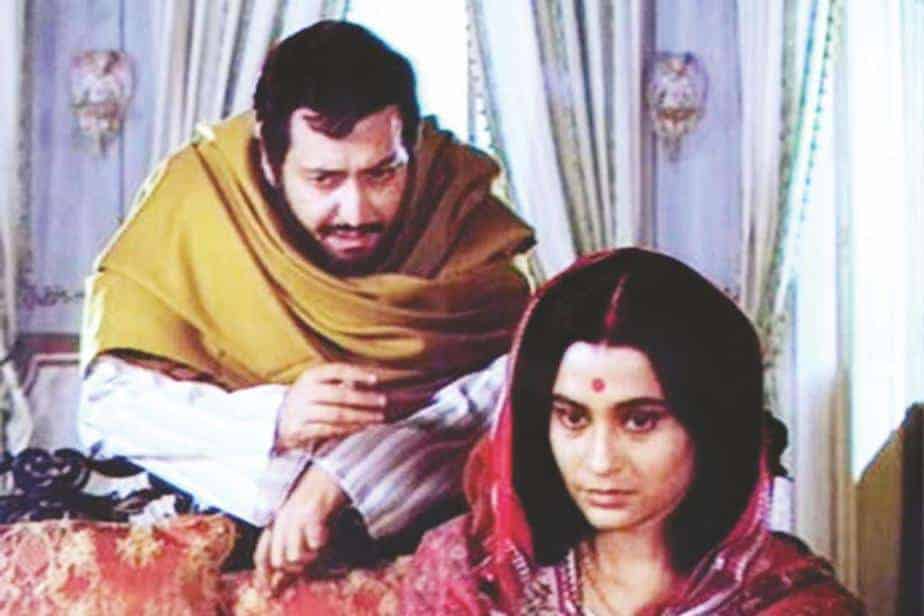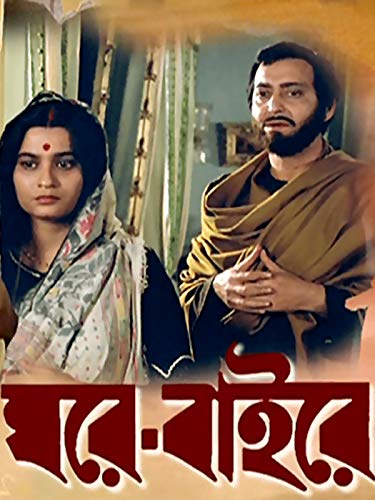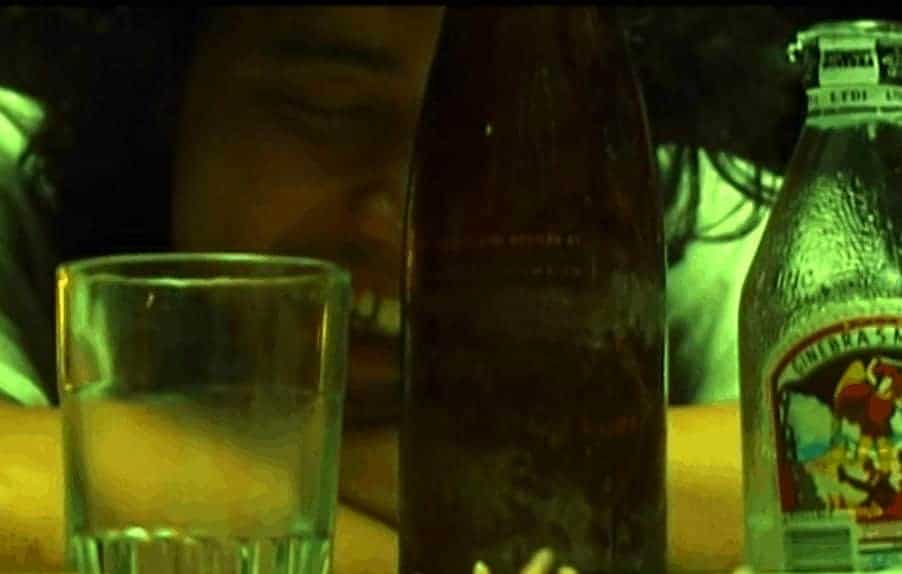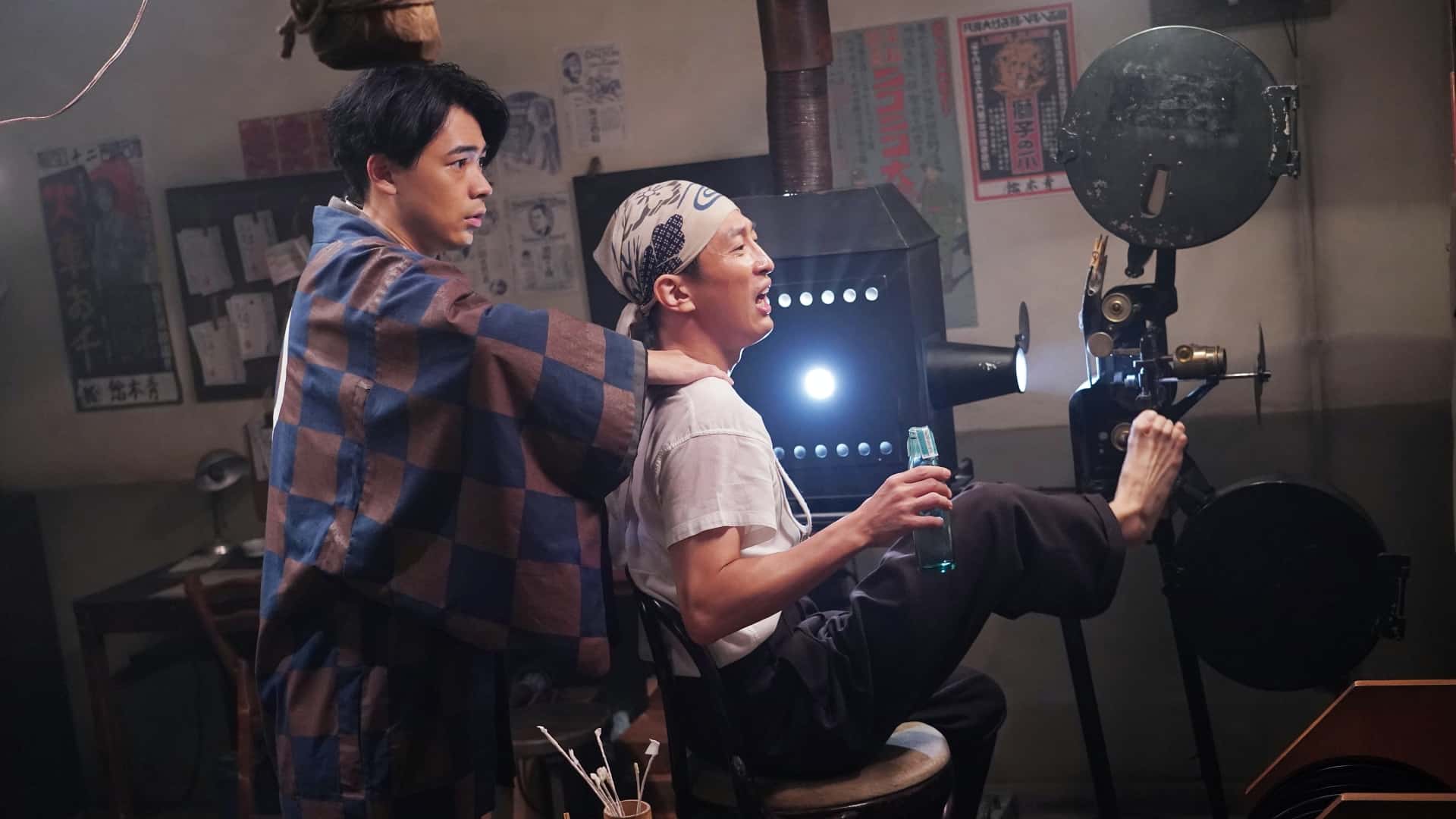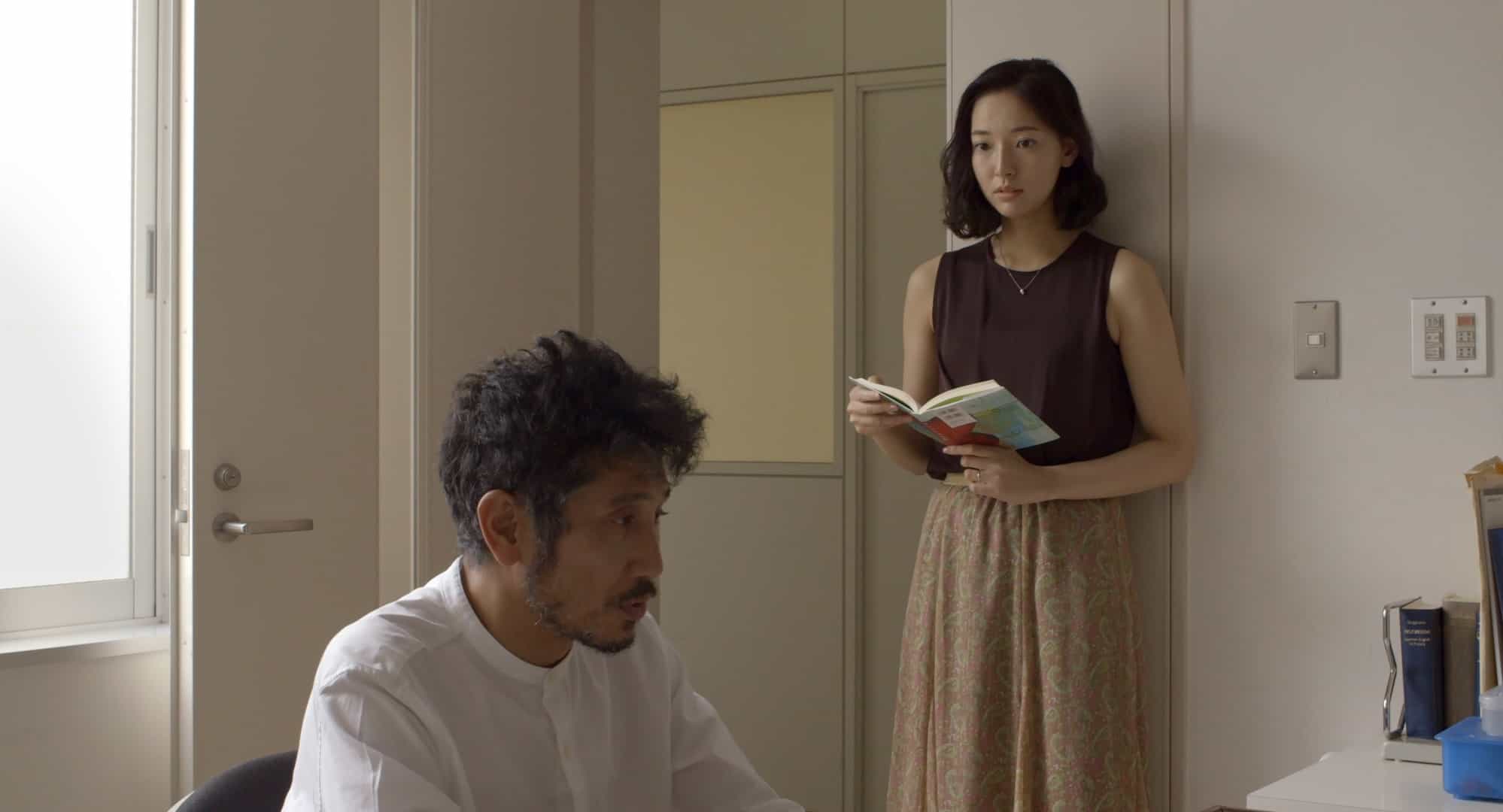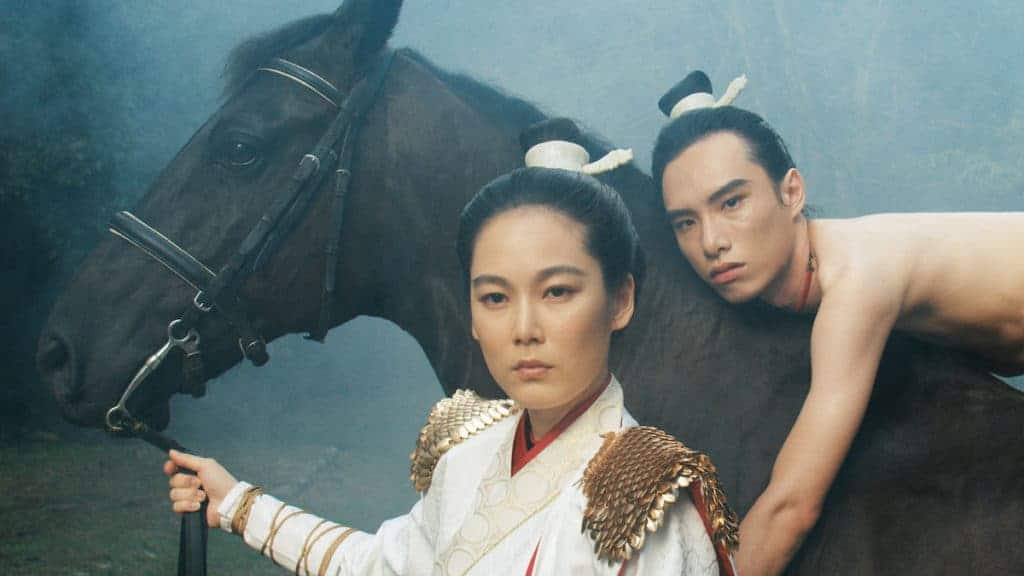In his 1984 film “Ghare Baire”, Indian filmmaker Satyajit Ray touches upon two of the most controversial topics within his home country, the division of Muslims and Hindus as well as tendencies towards liberalism versus nationalism. The original script, based on the novel of the same title by Rabindranath Tagore, had already been written in the 1940, long before Ray would direct his first feature film “Pather Panchali”. Like with so many of his feature, the narrative framework of a story, a tale of a woman captured between two men, offers a viewer a very insightful and still quite current view on the overlapping of the private person and politics as well as the dilemma this causes.
Watch This Title
The story takes place in 1907 after the partition of the state of Bengali by Lord Curzon, effectively dividing the Muslim and Hindu parts. In order to protest this development, many nationalist movements try to impose a boycott on foreign goods, a move many landowners oppose, such as Nikhilesh (Victor Banerjee), who has experienced a more Western education abroad. Because of his belief in the freedom of the individual, Nikhilesh has contributed in the education of his beautiful wife Bimala (Swatilekha Sengupta). Lately, their discussions have also been about the current development in Bengali with Nikhilesh insisting on his liberal principles and unwillingness to force the merchants on his land to ban foreign goods.
Eventually, these discussions become more intense with the arrival of Nikhilesh's long-time friend Sandip (Soumitra Chatterjee), who is the leader of the nationalist campaign “Swadeshi”, a movement which has become increasingly powerful in Bengali. Since she has never met a man aside from her husband, Sandip's eloquence and the passion in his speech impress Bimala, while her skills in the English language, her manners and of course her beauty make Sandip return to the home of his friend several times. However, when she realizes her affection for Sandip and he asks her for financial support for the “Swadeshi” movement, Bimala finds herself at odds with the liberal beliefs and her feelings for her husband.
Perhaps the most important aspect of Ray's film is how he exposes the various ways politics affect personal life. Essentially the rift caused within the Bengali society, as shown in the film, is equal to the chasm the characters feel within themselves as well as to each other, with Bimala, for example, feeling a growing distance between herself and her husband, despite her affection and respect for Nikhilesh. Deciding for one option not only determines a drastic change in the personal sphere, a radical move reflected in the increasing tendency towards violence outside Nikhilesh's house, where the majority of the plot takes place.
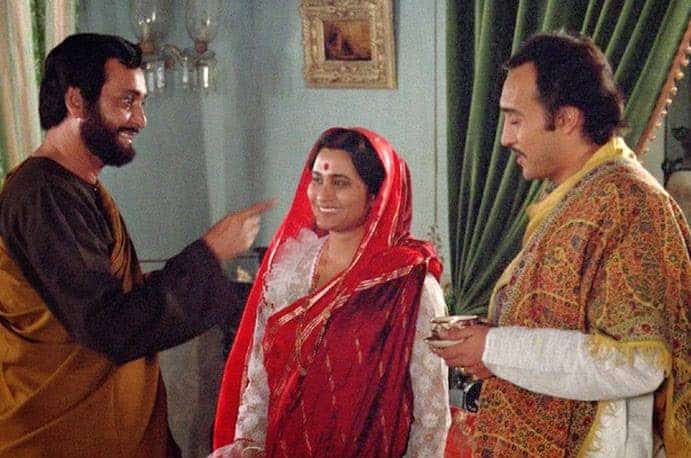
At the same time, Ray's characters wonderfully deny a black-and-white perspective, an attempt to simplify the issues of the film into a protagonist/antagonist schemes. Even a character like Sandip, whose actions may reflect today's populist leaders, finds himself entrapped by his affection for Bimala, his friendship towards Nikhilesh and a movement that he seems unable to control anymore, with the growing amount of violence threatening to consume the state of Bengali. Especially in the powerful last scenes of the film, the dimension of Chatterjee's performance can be witnessed as he becomes the victim of his own actions and lack of foresight.
However, at the center of the film we have the character of Bimala. Through Swatilekha Sengupta's performance and Ray's direction, we have a character torn between her drive towards emancipation and the more traditional tendencies, personified by Sandip. With each step in one direction potentially jeopardizing one's happiness and freedom, Bimala stands for a fundamental dilemma whose dimension goes far beyond the walls of the house she lives in.
In the end, “Ghare Baire” is a highly political film whose interesting and rather controversial issues are framed within a romantic plot. Supported by a great cast and good direction, this is a very highly entertaining and also rather current film within its director's body of work.


